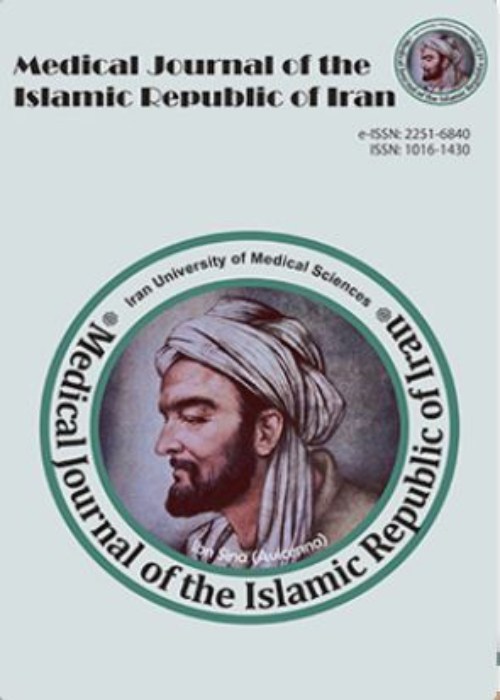Investigating the Moral Sensitivity of Medical Students in the Preclinical and Late Clinical Courses
Paying attention to moral issues is one of the essential requirements of medical practice, and moral aspects must be considered in making decisions to achieve the desired results and ensure the patient’s satisfaction. Moral sensitivity is one of the components that enable physicians to act ethically in their decisions. Since medical students must acquire the necessary skills to deal with patients properly in clinical courses, the current paper examines the moral sensitivity of medical students in both preclinical and late clinical courses.
This is a cross-sectional study performed on 180 medical students in the preclinical and late clinical course. The study tool is an adapted version of the Kim-Lutzen ethical sensitivity questionnaire with 25 items and Likert scoring 0-4. The obtained score can be between 0-100. Data was analyzed using SPSS25. Statistical t-test or its non-parametric equivalent (Mann-Whitney) was used for quantitative variables and Chi-square or Fisher exact tests were used for qualitative variables. Pearson's correlation coefficient was used to measure the correlation of the variables.
The mean age of stagers and interns was 22.7 + 0.85, and 26.5 + 1.11. 41 (51.2%) of stagers and 51 (63.7%) of interns had a history of participating in workshops related to medical ethics, and 4 (5%) of the former and 3 (3.8%) of the latter had previously conducted research in the field of medical ethics. there was a significant relationship between the stagers’ history of conducting research in the field of ethics and their moral sensitivity. Concerning moral sensitivity components, the highest scores belonged to “altruism and trustworthiness”, “the use of moral concepts in moral decisions”, and “respect for the patient’s autonomy” in both groups., 95% of stagers and 98.8% of interns had medium level (51-75) of moral sensitivity.
Medical students’ moral sensitivity did not increase significantly during the clinical course. It is necessary to review and reconsider medical ethics educational methods, the time allocated to relevant courses, and the practical need for clinical education in addition to theory. Directing research projects and student dissertations toward topics related to medical ethics can also contribute significantly to enhancing moral sensitivity.
- حق عضویت دریافتی صرف حمایت از نشریات عضو و نگهداری، تکمیل و توسعه مگیران میشود.
- پرداخت حق اشتراک و دانلود مقالات اجازه بازنشر آن در سایر رسانههای چاپی و دیجیتال را به کاربر نمیدهد.


